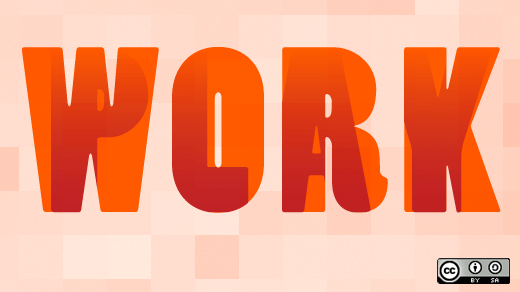Last week I was lucky enough to participate in Red Hat Summit 2017. We had tons of meetings and briefings with customers, analysts, and journalists. While walking between meetings and sessions, I started thinking about a challenge that hits a lot of technical people as they advance in their career—how do you stay technical while also becoming more business savvy?
I hear this often from pre-sales engineers, solutions architects, engineering managers, and even directors and VPs that have worked their way up through the ranks. They say it's "really difficult to find time to get hands on and stay technical." What this really means is that it is hard to prioritize time.
Well, I have three pieces of advice to help stay technical.
- Stay curious
- Be practical
- Maintain balance
Stay curious
If you work in technology, one of the worst things you can do is lose the curiosity that got you started. It can be a challenge because after 10 or 20 years you start to see a lot of repeating patterns. Instead of dismissing an idea as something you have seen before, try to figure out what is slightly different this time and embrace it.
Four years ago, I was getting kind of bored with my work. I started experimenting with Linux containers, fell in love, and pivoted my career to a new role. Curiosity has always been the root of my career growth.
Be practical
Find new technology and ideas that are outside your comfort zone, but leverage your current work and experience. Find things that can be leveraged in your current work or that could make your own team more efficient. Build something productive out of the exploration like a video demo, blog entry, training material, or a lab. This will push you to think in new ways and expand your skillset.
During Red Hat Summit, I ran my first technical lab. It explored the deep internals of Linux containers, from the Linux kernel, to a dissection of container images, and even a breakdown of the Kubernetes data structures. I learned a ton while building out each exercise. I already had a fairly strong technical understanding of containers, but building a technical lab with hands-on exercises pushed me even further. For years to come, I will leverage what I learned while building this lab when giving presentations, writing, building demos, and conversing with other professionals in the industry.
Maintain balance
Often as a technical person becomes more business savvy, they realize they don't have to prove they are the smartest person in the room all the time. They stop making the junior mistake of giving too much unwanted technical detail. They learn to relax and contribute technical detail only where it is valuable for everybody in the conversation.
This can lead to the false perception that being business savvy is more important than being technical. It becomes sort of an insecurity—not wanting to be the propeller head in the room. This can lead to the deprioritization of keeping your technical skills sharp.
Don't fall into this trap. It took me a long time to realize that smart business people respect and love sharp technical people who are also business savvy. You are more valuable and have greater career potential with both sets of skills than you do with only one or the other.
So, when it comes to technical skills, maintain them wisely. Prioritize time to explore new open source projects, especially if they are related to products and industry trends that you can leverage in your work. Push yourself several times a year and rediscover that passion for technology. Exploration makes you a leader.
Like a Jedi Master, you may walk softly and rarely draw your lightsaber, but when you do, may the 4th be with you (and 5th and 6th). Always stay technical.






1 Comment